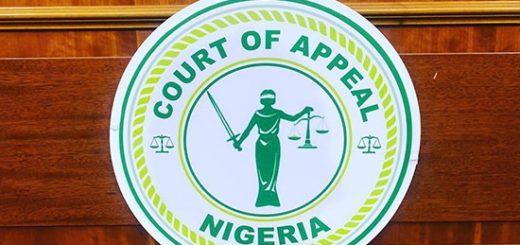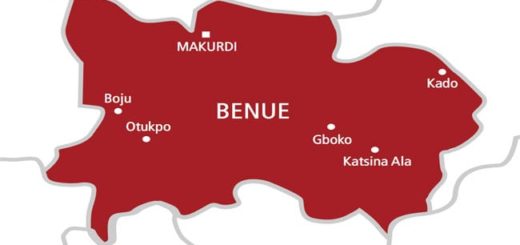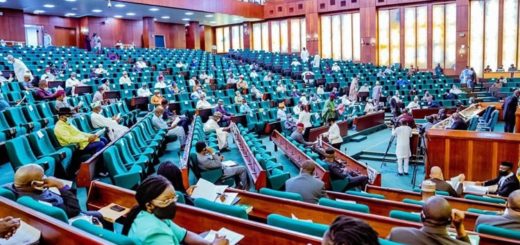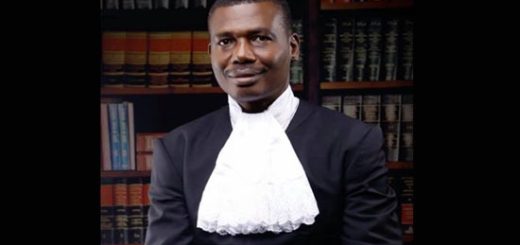Anticipations, Political Dynamics, and Risks Surrounding Vacant Supreme Court Seats
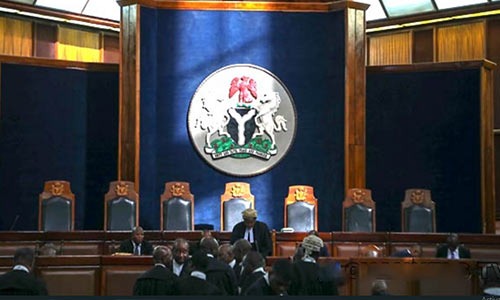
In this report Human Rights examines the present composition of the Supreme Court and the extent of compliance by the appointing authorities with the provisions of sections 230(2), 231(3), and 14(2) of the 1999 Constitution in the appointment of justices to the apex bench between 1999 and 2023. The report also surveys stakeholders on the concomitant impact of past appointments on the quality of judgments emanating from the apex court and its public image in the last 24 years. Recommendations are provided on how about a dozen vacant seats at the Supreme Court bench should be filled in the next few months.
By Ise-Oluwa Ige
Background Facts: On October 27, 2023, retiring Justice Dattijo Muhammad raised concerns about the decreasing number of justices on the Supreme Court, reaching its lowest point in contemporary history with only 10 serving justices. The Chief Justice of Nigeria, Justice Olukayode Ariwoola, had previously highlighted the workload crisis and manpower shortage in the court. The Supreme Court, which can have up to 21 justices, currently comprises 10 justices. The report explores the history of appointments to the Supreme Court, highlighting that the highest number of justices appointed was 20 in November 2020.
Elevation of Appeal Court to Supreme Court: The report notes that justices of the Court of Appeal have been consistently elevated to the Supreme Court, and few appointments have been made directly from the bar or academia. The report argues that this practice has implications for the diversity of perspectives and legal expertise on the Supreme Court bench.
Politics: The report criticizes the apparent politicization of judicial appointments, suggesting that merit and the country’s interest have been downplayed in favor of political considerations. It discusses instances where appointments have been personalized by successive Chief Justices of Nigeria, leading to disruptions in the appointment process when a new Chief Justice takes office.
Consequences of Violation on S’Court Justices’ Appointment: Stakeholders argue that the politicization of appointments has negatively impacted the quality of judgments from the Supreme Court. The court’s case law is described as containing errors, lacking depth of jurisprudence, and suffering from a low public perception.
Expectations: Stakeholders and legal experts recommend a more plural composition for the Supreme Court, emphasizing the need for diversity in legal backgrounds, including appointments from the bar and academia. The report suggests considering candidates with specialized knowledge in various branches of law to enrich the court’s perspectives.
Conclusion: As the Supreme Court faces multiple vacancies, there are calls for a more inclusive and diverse approach to appointments. The report highlights the importance of considering candidates from different legal backgrounds, including academia, to enhance the court’s intellectual richness and promote a broader range of perspectives in its decisions.
CREDIT: VANGUARDNGR. COM
